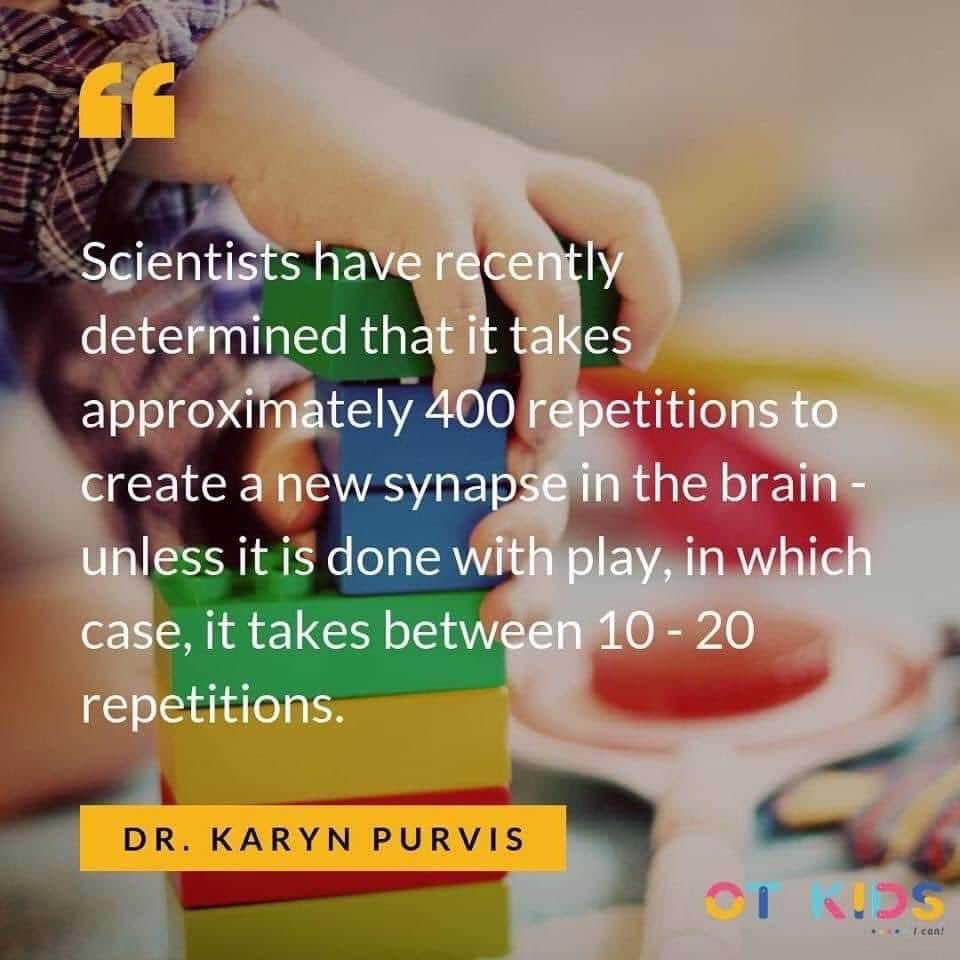Did you know that 90% of a child’s brain is developed by the age of 5 years?
Develops Cognitive Skills
Play-based learning can indeed set children up for academic success in several ways. Firstly, play-based learning helps children develop their cognitive skills, such as problem-solving, critical thinking, and creativity. When children engage in imaginative play and explore their surroundings, they actively develop these skills, which are crucial for succeeding in academics.
Develops Social & Emotional Skills
Secondly, play-based learning also contributes to the development of social and emotional skills. Through play, children learn to interact with others, negotiate and cooperate, practice empathy, and regulate their emotions. These skills are not only important for building relationships but also for working collaboratively in academic settings.
Nurtures a Love of Learning
Moreover, play-based learning nurtures a love for learning itself. When children enjoy the process of learning through play, they become more motivated and engaged in their education. This positive attitude towards learning can lead to higher levels of academic achievement as they progress through their school years.
Encourages Language Development
Additionally, play-based learning encourages language development. As children engage in imaginative play, they often create narratives, engage in conversations, and express their thoughts and ideas. This helps develop their vocabulary, communication skills, and comprehension abilities, which are essential for academic success across various subjects.
Overall, play-based learning provides a strong foundation for academic success by promoting cognitive, social, emotional, and language development in children. By combining educational concepts with enjoyable play experiences, children are more likely to develop a lifelong love for learning and excel in their academic pursuits.


